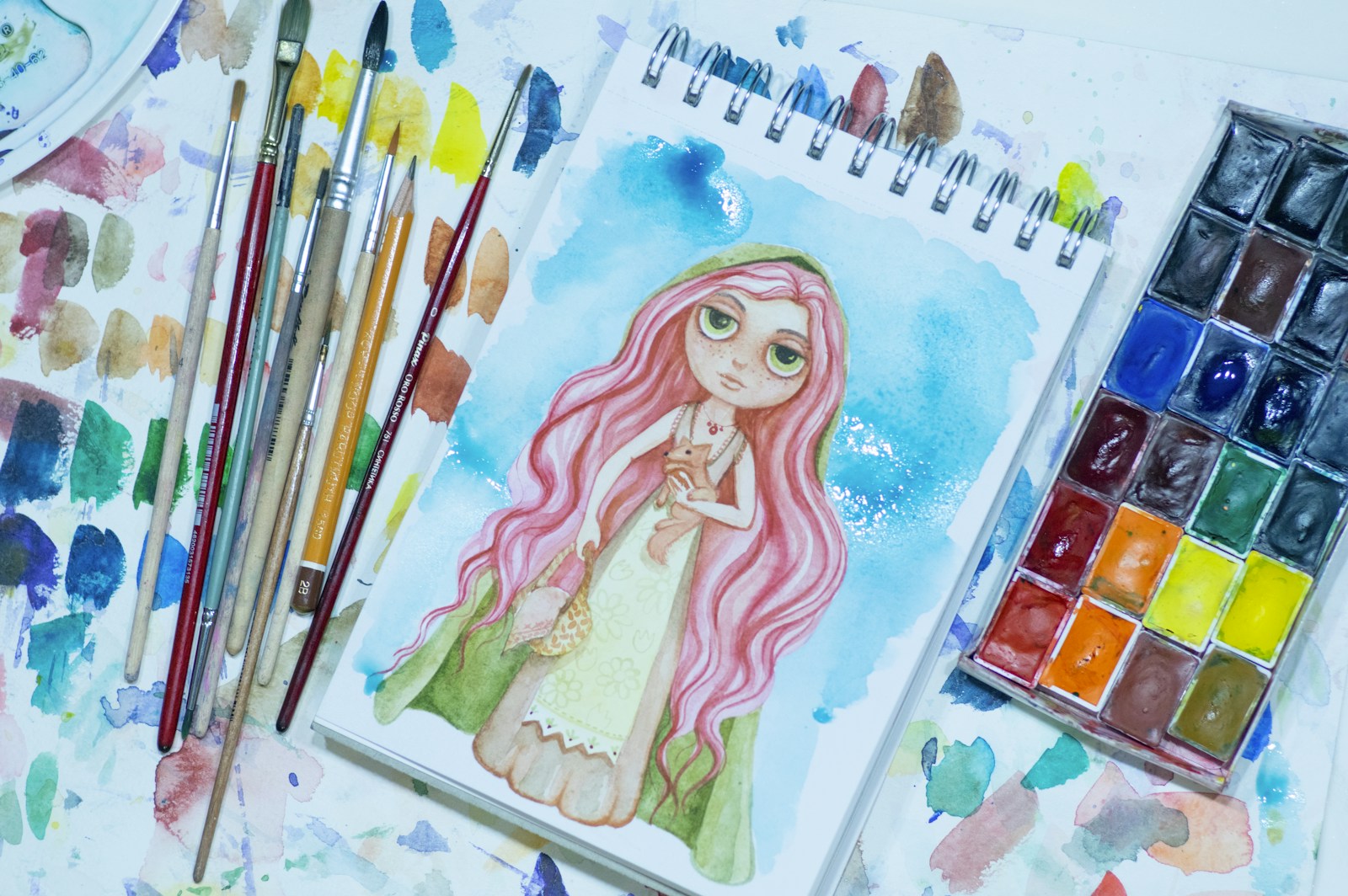
角色
jué sè

character
This is a person, animal, being, creature, or thing in a story. The character can be a main protagonist, a secondary protagonist, antagonist, etc.
Example sentences using: 角色
这部电影的主角是谁?
Zhè bù diànyǐng de zhǔjuésè shì shéi?

Who is the protagonist of this movie?
This is a question asking about the main character or 'protagonist' of a film. Protagonist in Chinese is represented by the term 角色.
我喜欢这部电影的角色设定。
Wǒ xǐhuān zhè bù diànyǐng de juésè shèdìng.

I like the character setting of this movie.
This sentence is expressing the speaker's liking for the way characters are portrayed or 'set up' in a particular film.
这部电影的所有角色都演得很好。
Zhè bù diànyǐng de suǒyǒu juésè dōu yǎn dé hěn hǎo.

All characters in this movie performed very well.
This is a compliment towards a movie's cast, stating that all characters performed excellently.
角色的发展很关键。
Juésè de fāzhǎn hěn guānjiàn.

The character's development is critical.
The sentence is emphasizing the importance of character development in a story. Character development refers to the process that forms the character's personality in the narrative.
这个角色的情感变化很丰富。
Zhège juésè de qínggǎn biànhuà hěn fēngfù.

The emotional changes of this character are very abundant.
This sentence is commenting on the emotional depth and complexity of a character in a movie.
他在电影中的角色很重要。
Tā zài diànyǐng zhōng de juésè hěn zhòngyào.

His role in the movie is very important.
This sentence is making a statement about the significance of a particular character's role in the movie.
每一个角色都有自己的背景故事。
Měi yīgè juésè dōu yǒu zìjǐ de bèijǐng gùshì.

Every character has their own background story.
This sentence conveys the idea that each character in a story or movie has their unique backstory that shapes their personality and actions.
我觉得她的角色最有意思。
Wǒ juédé tā de juésè zuì yǒuyìsī.

I think her character is the most interesting.
This sentence is expressing the speaker's opinion that they find a specific female character to be the most interesting in a movie.
我最喜欢这部电影的反派角色。
Wǒ zuì xǐhuān zhè bù diànyǐng de fǎnpài juésè.

I like the villain character of this movie the most.
This sentence shows the speaker's preference for the villain, or 'antagonist', in a movie.
电影的角色代表了不同的社会阶层。
Diànyǐng de juésè dàibiǎo le bùtóng de shèhuì jiēcéng.

Characters in the movie represent different social classes.
This sentence is suggesting that characters in the movie symbolize various social statuses, reflecting the social structure in real life.